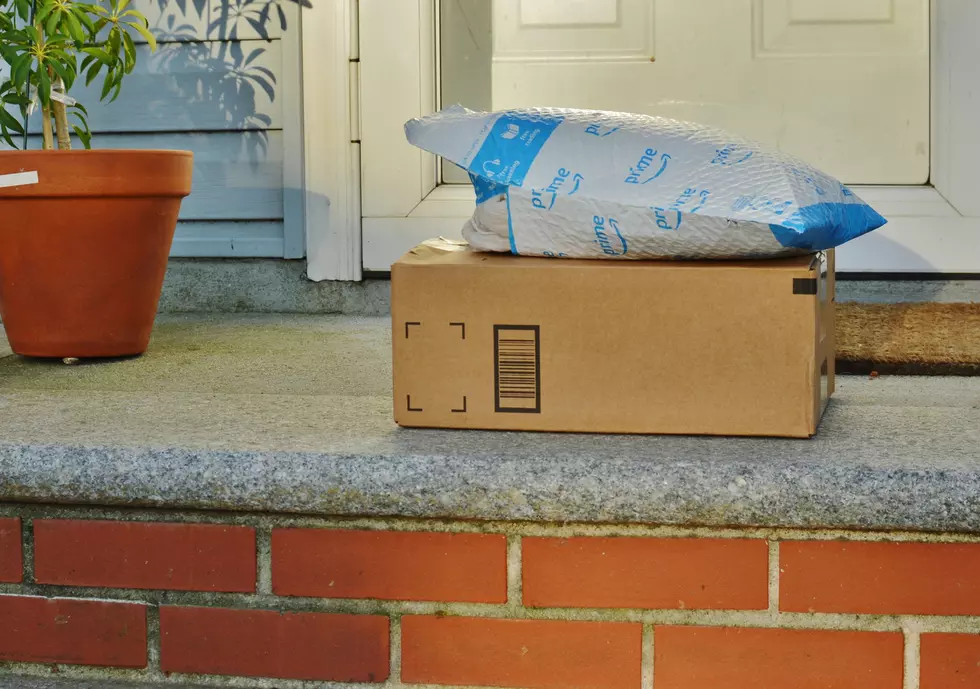
Mystery Seeds Arriving In Mailboxes – Do Not Plant Them
This story first started making the rounds a few days ago when someone in Kentucky reported finding unsolicited seed packets from China in their mailbox. They hadn't ordered anything, there was nothing to identify the seeds, it was simply a mystery. In the last few days reports have been coming in from all over the country, including Maryland, Virginia, Minnesota, and even Denton, Texas.
If you should find anything like this in your mailbox authorities are saying there are some things we should and some things we should not do.
DO NOT plant them. You didn't order it, there's nothing to indicate what it might be, there's no idea what might grow. The fear is that it may be some invasive plant species that could cause unknown damage to local plants, or even cause harm to livestock that may consume them. We simply do not know.
DO NOT touch them. You don't know where that seed has been. We're in the midst of a global pandemic already. Don't tempt fate.
DO NOT throw them in the trash. While that may seem like the logical thing to do, by throwing it into the trash there is the chance that an unwanted and harmful plant may germinate in a landfill and introduce an unwanted and harmful plant into our ecosystem.
DO NOT open the packet to taste them.
DO contact the appropriate authorities. The seeds are arriving with no indication of what they might be and so far nobody has been able to identify them with certainty. We're not even sure all of the people who have reported getting them are getting the same type of seed. Many of the photos posted in social media would indicate that there are several different types of seeds being sent out. The best thing to do would be to contact United States Department of Agriculture or the Texas Department of Agriculture.
The USDA is collecting as many of these packages as they can and testing them to determine if they pose any threat. So far they have not found anything dangerous and speculate that this may simply be a "Brushing" scam where a company sends people unsolicited items, then posts phony customer reviews with the hopes of raising sales.
For the moment it is still a mystery, but every state's Department of Agriculture is telling their residents, "Do not plant these seeds."
KEEP READING: These are the top 6 scams connected to the pandemic
More From 102.3 The Bull









